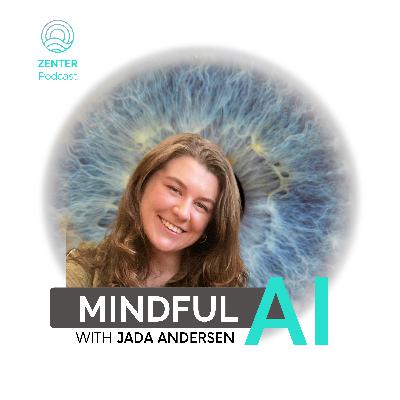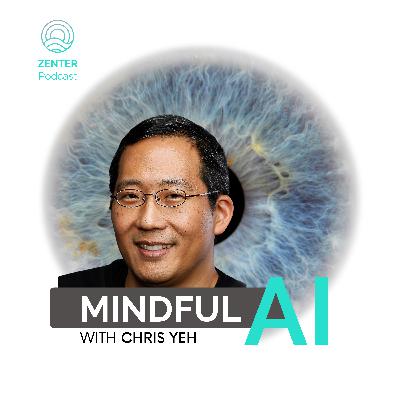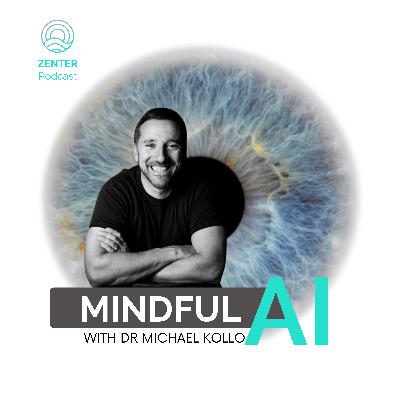AI & biodiversity with Jada Andersen
Description
Jada Andersen is the co-founder and Chief of Product at Xylo Systems, a biodiversity intelligence platform helping businesses measure, manage and report on their impact on nature. She is an ecologist, mathematician and passionate environmentalist. She’s skilled in data science, product development and ecological dynamics and is interested in building technology that supports regeneration of nature through artificial intelligence, data and analytics.
Key points
- Machine learning is being used to process large amounts of unstructured data like images and video from camera traps in conservation projects. This allows for faster processing than manual review - eg it enables predictive analytics to quantify risks like bushfires to endangered species.
- Generative AI has potential for translating complex ecological concepts and communicating insights from biodiversity data more accessibly.
- Assessing high quality biodiversity data remains a key challenge in developing useful AI models.
- The training data used in AI models needs to be carefully considered, as any biases present will be magnified. Diverse, high-quality training data is important.
- There should be guidelines and processes in place to check AI systems for biases before deployment, to avoid magnifying existing societal biases. Businesses have a responsibility here.
- Consider what kind of world we want to live in, and how AI could help shape that positively while avoiding potential harms through bias. Examine the ethics.
- Look at where AI can augment human capabilities rather than replace them, enhancing critical thinking and creativity. Some tasks still benefit from human involvement.
- Be mindful of which processes we optimize with AI versus keeping a human role. Not everything needs to be automated.
- Ability to trace sources and legitimize information from AI is currently lacking. Regulations could help here for transparency.
- Social pressure can help encourage responsibility in developing ethical, unbiased AI aligned with human values. Collaboration is important.
- The key is being proactive about minimizing harm from the start, through ethical AI development centered on human needs and values. Ongoing mindfulness and responsibility is needed.
- Review whether the AI outputs and projections align with intended goals and uses. This "AI alignment" helps identify misalignment or unintended harms.
More episodes at https://zentermeditation.com/mindful-ai














